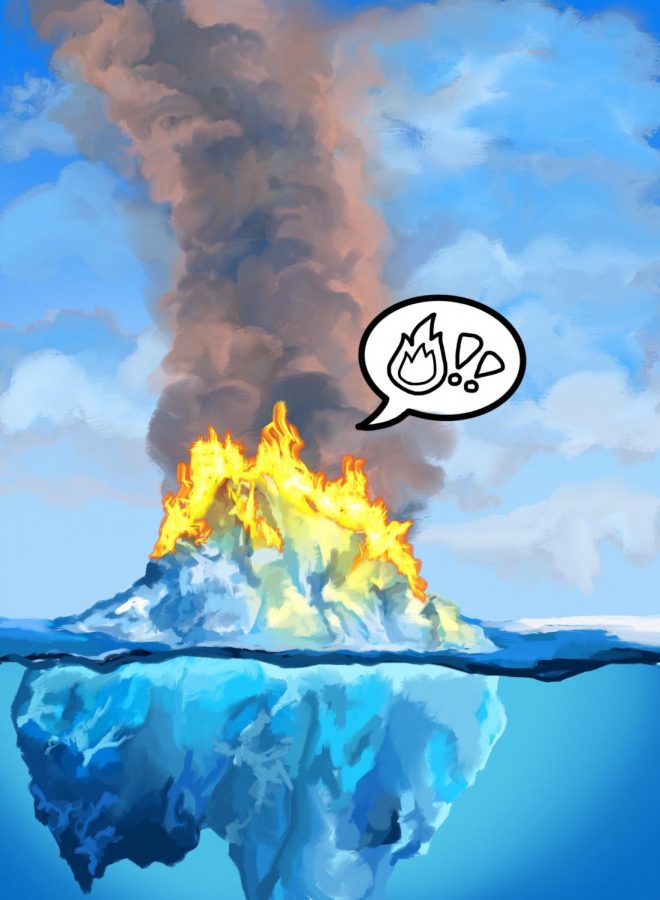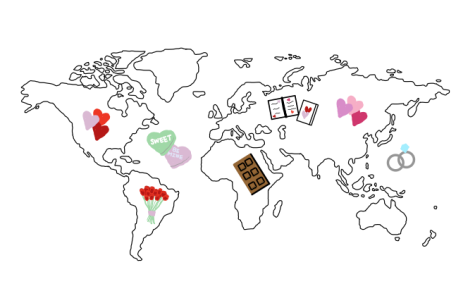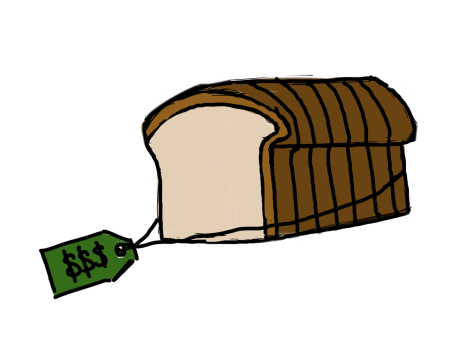Global warming heats up
One of the most discussed topics of our century is global warming. Since 1950 the levels have been consistently rising above 300 parts per million. In 2017, the carbon dioxide level was 405.7 parts per million. The higher the carbon dioxide level, the more water vapor will return to the atmosphere causing ice to melt even quicker. The polar ice caps have melted faster in the past 20 years than in the past 10000 years.
There is a clear correlation between the rising level of carbon dioxide in the atmosphere and the increasing rate of melting polar ice caps; the habitats of arctic-thriving animals are shrinking and causing the populations to diminish. The Southern Beaufort polar bears population has declined by 40% between 2001 and 2010. Along with the melting of polar ice caps, the rising sea temperatures and carbon dioxide levels have caused problems with coral reefs. Carbon dioxide increases the acidity of the water and causes coral bleaching, which is when the coral turns white and dies. The coral reefs produce almost half the amount of oxygen on earth, and with 20% of the coral reefs gone or severely damaged, the earth’s supply of oxygen decreases steadily.
What is being done? Even though the United States left the Paris agreement, the state governments have invested money into renewable energy like solar panels. In France, 78% of its electricity is powered by nuclear plants, and overall 50% of its energy is from clean energy sources.
“The impact of climate change will drastically affect the lives of future generations. Governments around the world have the tools to reduce our carbon footprint yet refuse to implement any sort of substantial changes for fear of public backlash.” said Junior Ben Schultz.
There are many countries that are doing little or nothing to prevent their carbon emissions because they do not want to impede their industrial revolution and economy. These economic booms may bring some out of poverty and make many rich, and a cleaner environment can improve the lives of, not just plants and animals, but the generations to come.
Your donation will support the student journalists of Saint Viator High School. Your contribution will allow us to purchase equipment and cover our annual website hosting costs.








